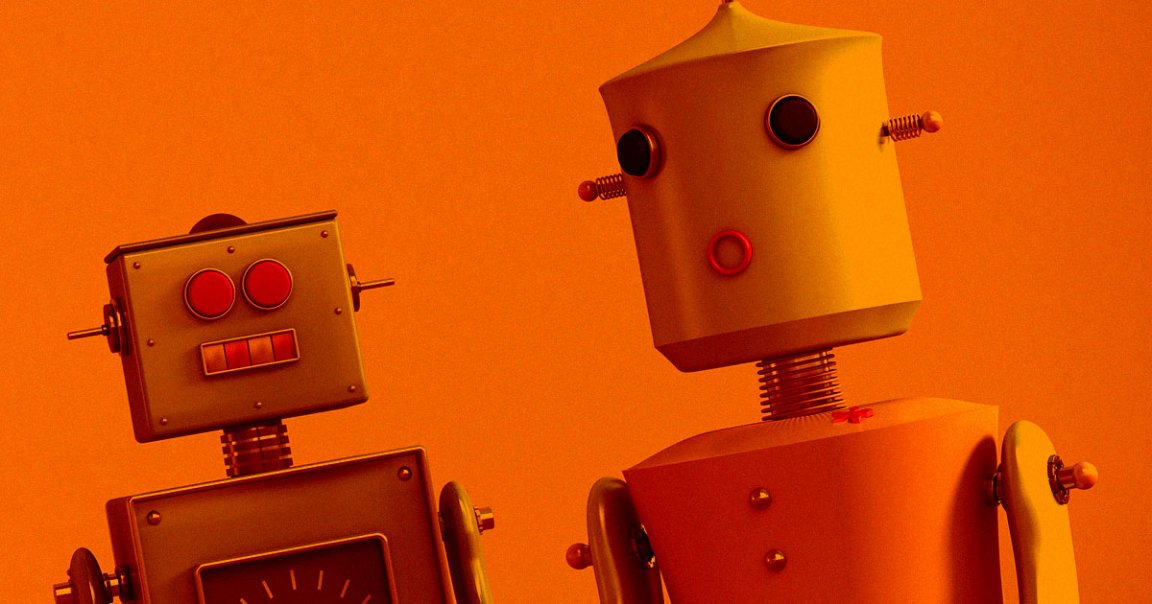
As if the journalism industry wasn’t already troubled enough, it’s been wracked with turmoil in recent weeks as media outlets have started using artificial intelligence to beef up their content machines.
If you’ve glanced at Futurism‘s headlines over the past month, you’ll know that we’ve been steadfastly following news about the tech news site CNET quietly running content generated by an AI it won’t even name. Even worse, the CNET AI’s work quickly turned out to be filled with errors and even plagiarism. (CNET eventually issued corrections on more than half of the bot’s 70-odd articles, acknowledging both factual mistakes and “phrases that were not entirely original.”) And even worse, it later emerged that CNET‘s leadership knew of the AI’s tendency to lie and plagiarize before the deployment, but went ahead and rolled it out anyway.
Right in the midst of CNET‘s colossal screwup, a new challenger emerged: BuzzFeed, which said last week that it’s going to start using OpenAI’s software to generate a new form of its infamous quizzes.
Some at BuzzFeed were furiously angry about the news, with columnist Max Collins telling the company’s CEO Jonah Peretti to “get fucked.”
Indeed, the specter of a slippery slope to further job losses looms heavily over the story. But we have to admit, compared to CNET, BuzzFeed‘s plan doesn’t actually sound that bad.
For one thing, the BuzzFeed actually announced its plan ahead of time, instead of slapping a so-tiny-that-literally-nobody-noticed-it-for-two-full-months disclaimer on the AI content, like CNET did. The lack of informed consent in the experiment was a glaring issue with CNET from the jump, so kudos to BuzzFeed for doing better there.
For another, at least in theory, BuzzFeed‘s plan doesn’t involve automating away any actual human writers’ jobs, like CNET‘s very clearly did. Instead, the idea is that staffers will dream up clever quizzes into which readers will input specific information, allowing the reader to get a hyper-personalized response. At least in theory, that choose-your-own-adventure style of quiz sounds kind of awesome.
And by the same token, CNET‘s most extraordinary blunder was letting the bot make factual claims aimed at people looking at real info, which it messed up almost beyond belief. It sounds like BuzzFeed, in contrast, is just having some fun with the tech.
For its part, BuzzFeed‘s leadership seems aware that — at least compared to CNET — it looks pretty thoughtful about the whole thing.
“I think that there are two paths for AI in digital media,” Peretti told CNN of the plan. “One path is the obvious path that a lot of people will do — but it’s a depressing path — using the technology for cost savings and spamming out a bunch of SEO articles that are lower quality than what a journalist could do, but a tenth of the cost. That’s one vision, but to me, that’s a depressing vision and a shortsighted vision because in the long run it’s not going to work.”
That said, some BuzzFeed staffers are still nervous, with one expressing anxiety that they’d be the “first the robot replaces.”
The fear, in other words, is that an experiment in one domain could lead to a much larger program that automates away more and more writing careers.
A former BuzzFeed staffer said that “the news sent the smallest shiver down my spine,” adding that “I feel badly about the move, and the ethics it comprises, and the new standards it sets for media.”
But BuzzFeed “has always taken big risks. maybe it knows something we don’t about how to infuse AI into copy responsibly,” they added.
As with most other stories to come out of the tech’s raucous debut, this one is a mixed bag, and we leave it to the ones who actually work at the affected organizations to lead the discourse about it.
More on AI: Amazing New CatGPT AI Answers as If It Were a Kitty Cat